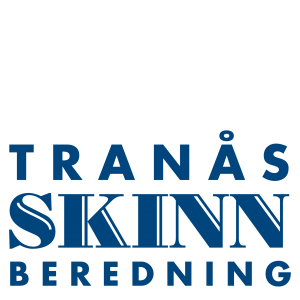Swedish tanneries and tanneries
Since ancient times, we have used animal skins for different purposes. Hides and skins with fur have been used in clothing while leather has multiple uses. The art of preserving and refining the organic skin material into a durable material has evolved over the centuries into an environmentally conscious and sustainable process industry where human knowledge and sense of craftsmanship are still crucial to the end result.
Leather and skins contribute to a sustainable society
Swedish tanneries and processors currently use hides and skins from cattle, reindeer and sheep, i.e. hides and skins from animals raised for food. The hides and skins are supplied from slaughterhouse hide handling companies located almost 100% in the Nordic countries. Tanneries and processors play an important role as the handling and processing of the hides and skins by-product contributes to a sustainable society.
Common interests of Swedish tanners nationally and internationally
At the beginning of the 20th century, there were over 130 tanneries in Sweden, spread throughout the country. The Swedish Tanners’ Association was formed in September 1901 with the aim of safeguarding the common national and international interests of tanneries and tannery processors with production in Sweden. When the association was formed, it also worked on issues relating to relations between member companies as employers and their employees. Today, the member companies are affiliated to IKEM – Innovation and Chemical Industries in Sweden – which is why the association works for exchange between member companies in the form of training, networking, information exchange, etc.
Challenges for the Swedish leather industry
The conditions for tanneries changed radically in the latter part of the 20th century when the largest customer segment, the shoe industry, either closed down or moved to cheaper production countries due to profitability problems and competition with imports.
In the 1980s, around 10 tanneries remained, working in various segments. However, increasingly tough international competition, especially from low-cost countries, forced further closures, so that from the beginning of the 2000s we have four active members with production in Sweden.
Swedish Tanneries
Elmo Sweden
Elmo Sweden manufactures exclusive leather for furniture and vehicles.
Kero Leather
Kero Leather processes reindeer skins into leather in several different designs.
Tranås Skinnberedning
Tranås Skinnberedning prepares sheep and lamb skins
Tärnsjö Tannery
Tärnsjö Garveri manufactures exclusive vegetable-tanned leather.
This post is also available in: Swedish




